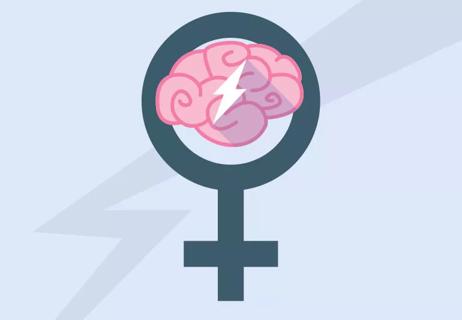The short answer from a vascular neurologist

A: The short answer is yes. Risk for ischemic stroke caused by a blood clot is elevated for the first three months following a heart attack. However, through a close evaluation following heart attack or stroke can help address risk factors faster, and therefore help with prevention.
Advertisement
Cleveland Clinic is a non-profit academic medical center. Advertising on our site helps support our mission. We do not endorse non-Cleveland Clinic products or services. Policy
In terms of treatment, it is likely that a light blood thinner (such as aspirin or another antiplatelet medication) will be prescribed. If atrial fibrillation is detected, stronger blood thinners will be necessary to help prevent stroke. Diabetes and blood pressure will continue to be regulated — possibly, with medication — in addition to following a consistent diet and exercise plan.
Don’t wait to have a heart attack before taking preventative measures. A yearly physical exam with blood tests and blood sugar, blood pressure and cholesterol screenings will help your physician to determine your stroke risk. If you are at a higher risk for stroke due to:
An ultrasound of your arteries may be done to look for cholesterol buildup, and a more intensive prevention plan may be devised.
– M. Shazam Hussain, MD
Director, Cleveland Clinic Cerebrovascular Center
Advertisement
Learn more about our editorial process.
Advertisement

Seek immediate medical attention for sudden loss of balance, vision changes, slurring, facial droopiness and limb weakness

Strokes in the left side of the brain are more common and the effects are typically more noticeable

Your age, the type of stroke you had, the cause and the location can all impact your recovery

It can be overwhelming, but habit changes help lower your risk of another stroke

Hormonal changes and pregnancy are some factors unique to women

What you eat may protect you from a ‘brain attack’

Know the warning signs + decrease your risk

Watch for depression, behavior changes

The tropical fruit is a good source of antioxidants and vitamin C

Most people fall asleep within 10 to 20 minutes, but if your experience is different, adjusting your sleep schedule may help

Exploring your hidden side can lead to better understanding of what makes you tick